The 2025 Toyota 4Runner: Fuel Efficiency In A Rugged Package
The 2025 Toyota 4Runner: Fuel Efficiency in a Rugged Package
Related Articles: The 2025 Toyota 4Runner: Fuel Efficiency in a Rugged Package
Introduction
In this auspicious occasion, we are delighted to delve into the intriguing topic related to The 2025 Toyota 4Runner: Fuel Efficiency in a Rugged Package. Let’s weave interesting information and offer fresh perspectives to the readers.
Table of Content
The 2025 Toyota 4Runner: Fuel Efficiency in a Rugged Package
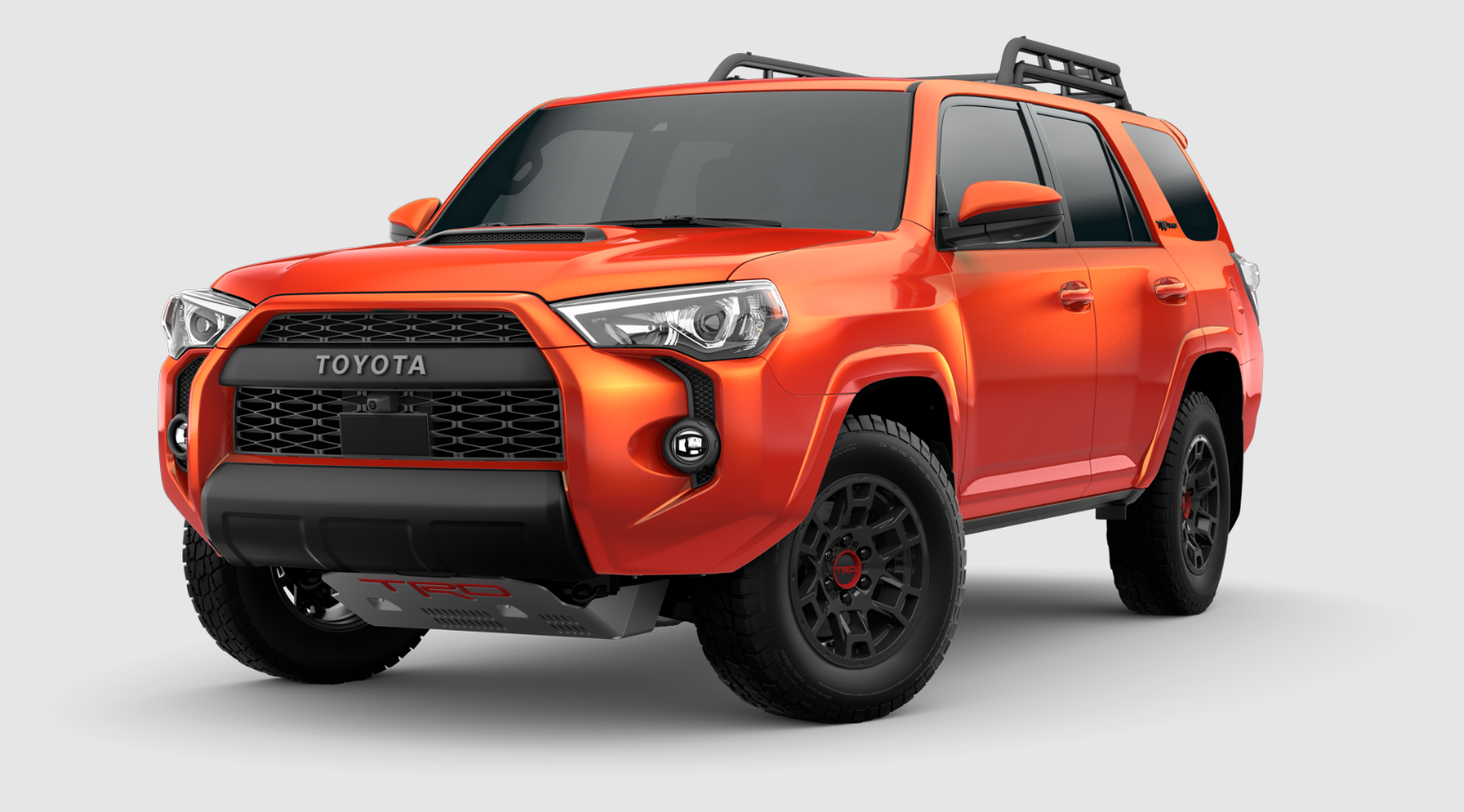
The Toyota 4Runner, a mainstay in the SUV segment, has long been known for its robust capabilities and off-road prowess. However, as the automotive landscape shifts towards prioritizing fuel efficiency, the 2025 model year presents a compelling opportunity to explore how Toyota might address this evolving consumer demand while maintaining the 4Runner’s rugged character.
A Balancing Act: Fuel Efficiency and Off-Road Capability
The 2025 4Runner faces a unique challenge: balancing the need for improved fuel economy with the inherent demands of off-road performance. While the 4Runner is traditionally associated with its powerful V6 engine and heavy-duty construction, these attributes often come at the cost of fuel efficiency.
Potential Strategies for Improved Fuel Economy
Several strategies could be employed to enhance the 2025 4Runner’s fuel efficiency:
- Engine Optimization: Toyota could introduce a more efficient engine, potentially a smaller displacement V6 or a turbocharged four-cylinder, while maintaining the 4Runner’s renowned power and torque. This could involve incorporating advanced technologies like direct injection and variable valve timing for optimized combustion and reduced fuel consumption.
- Hybrid Powertrain: The integration of a hybrid powertrain, similar to the one found in the Toyota Highlander, could significantly improve fuel economy. This would involve pairing the existing engine with an electric motor and battery pack, allowing for regenerative braking and electric-only operation in certain situations.
- Weight Reduction: Employing lighter materials for specific components, such as aluminum in the body panels or high-strength steel in the frame, could contribute to a decrease in overall weight, leading to improved fuel efficiency.
- Aerodynamic Improvements: Refinements to the 4Runner’s exterior design, including a more streamlined front end and optimized underbody, could reduce drag and improve fuel economy.
- Advanced Transmission: Implementing a more efficient transmission, such as a 10-speed automatic with improved gear ratios, could optimize engine performance and fuel economy.
The Importance of Fuel Efficiency
Improved fuel efficiency in the 2025 4Runner holds significant benefits for both consumers and the environment:
- Reduced Fuel Costs: Enhanced fuel economy translates into lower fuel consumption, leading to substantial savings on fuel expenses over the lifetime of the vehicle.
- Lower Emissions: By reducing fuel consumption, the 4Runner’s carbon footprint is minimized, contributing to a cleaner environment and mitigating the impacts of climate change.
- Increased Market Appeal: In an increasingly environmentally conscious market, a fuel-efficient 4Runner would attract a broader range of buyers, including those seeking a balance of capability and sustainability.
FAQs: Fuel Economy and the 2025 Toyota 4Runner
- What is the estimated fuel economy of the 2025 Toyota 4Runner? While official figures are not yet available, speculation suggests that the 2025 4Runner could achieve a significant improvement in fuel economy compared to its predecessors, potentially reaching figures comparable to or exceeding those of mid-size SUVs.
- Will the 2025 4Runner be available with a hybrid powertrain? While Toyota has not explicitly confirmed a hybrid option for the 2025 4Runner, the popularity of hybrid technology in other SUV models suggests that it is a strong possibility.
- Will the 2025 4Runner retain its off-road capabilities? Toyota is expected to maintain the 4Runner’s renowned off-road prowess, ensuring that any fuel-efficiency improvements do not compromise the vehicle’s rugged character.
Tips for Maximizing Fuel Efficiency
- Drive Responsibly: Practicing smooth acceleration, avoiding aggressive braking, and maintaining a consistent speed can significantly improve fuel economy.
- Regular Maintenance: Ensuring that the engine, tires, and other vehicle systems are properly maintained will optimize performance and fuel efficiency.
- Optimize Tire Pressure: Maintaining proper tire pressure improves fuel economy and enhances handling.
- Avoid Unnecessary Weight: Minimize the amount of cargo carried in the vehicle to reduce weight and improve fuel efficiency.
Conclusion
The 2025 Toyota 4Runner presents a compelling opportunity for the iconic SUV to embrace fuel efficiency while maintaining its rugged heritage. By strategically implementing a combination of engine optimization, hybrid technology, weight reduction, aerodynamic improvements, and advanced transmissions, Toyota can deliver a 4Runner that balances performance, capability, and sustainability. The result will be a vehicle that caters to the evolving needs of consumers and contributes to a cleaner, more efficient future for the automotive industry.


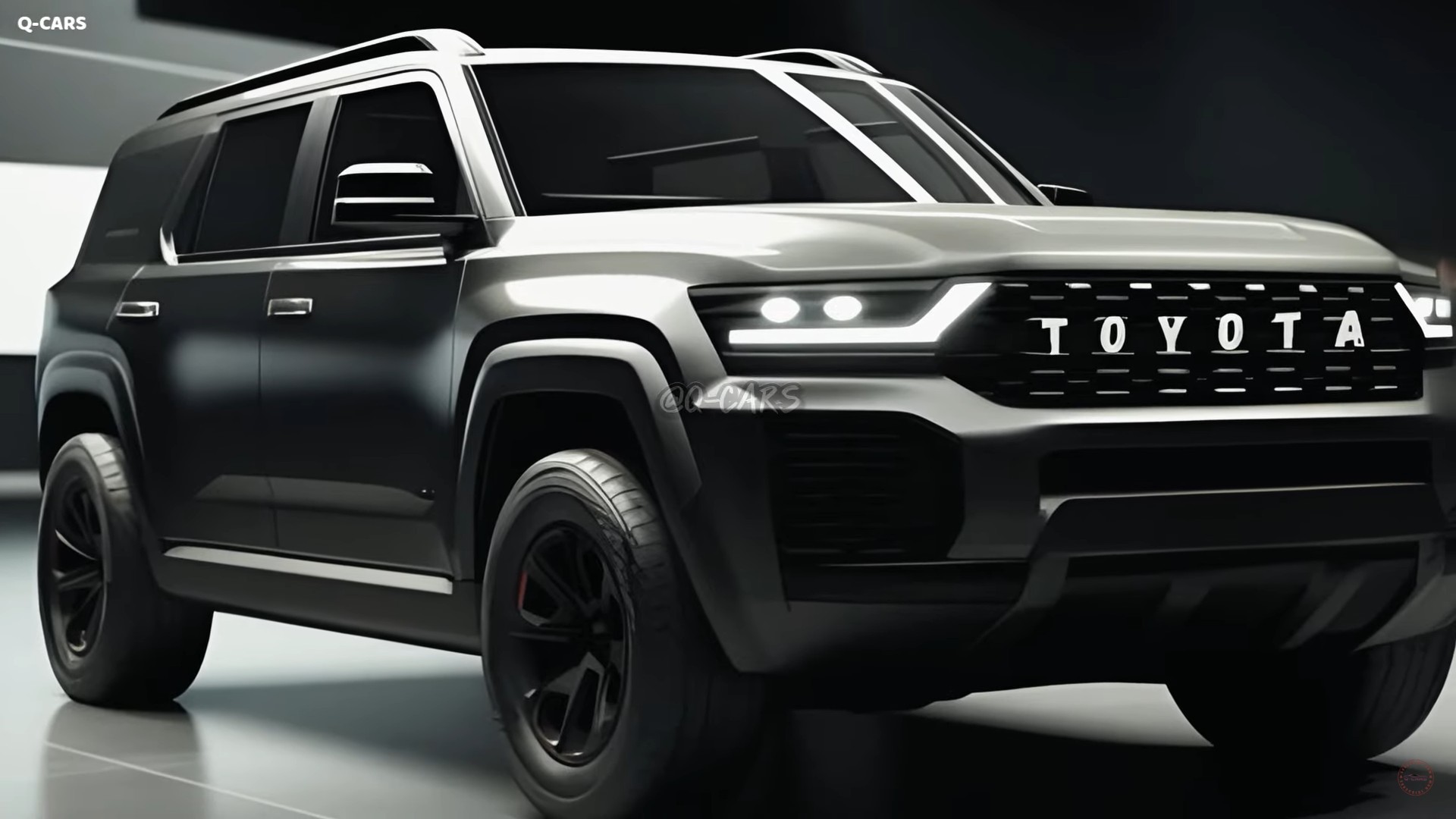
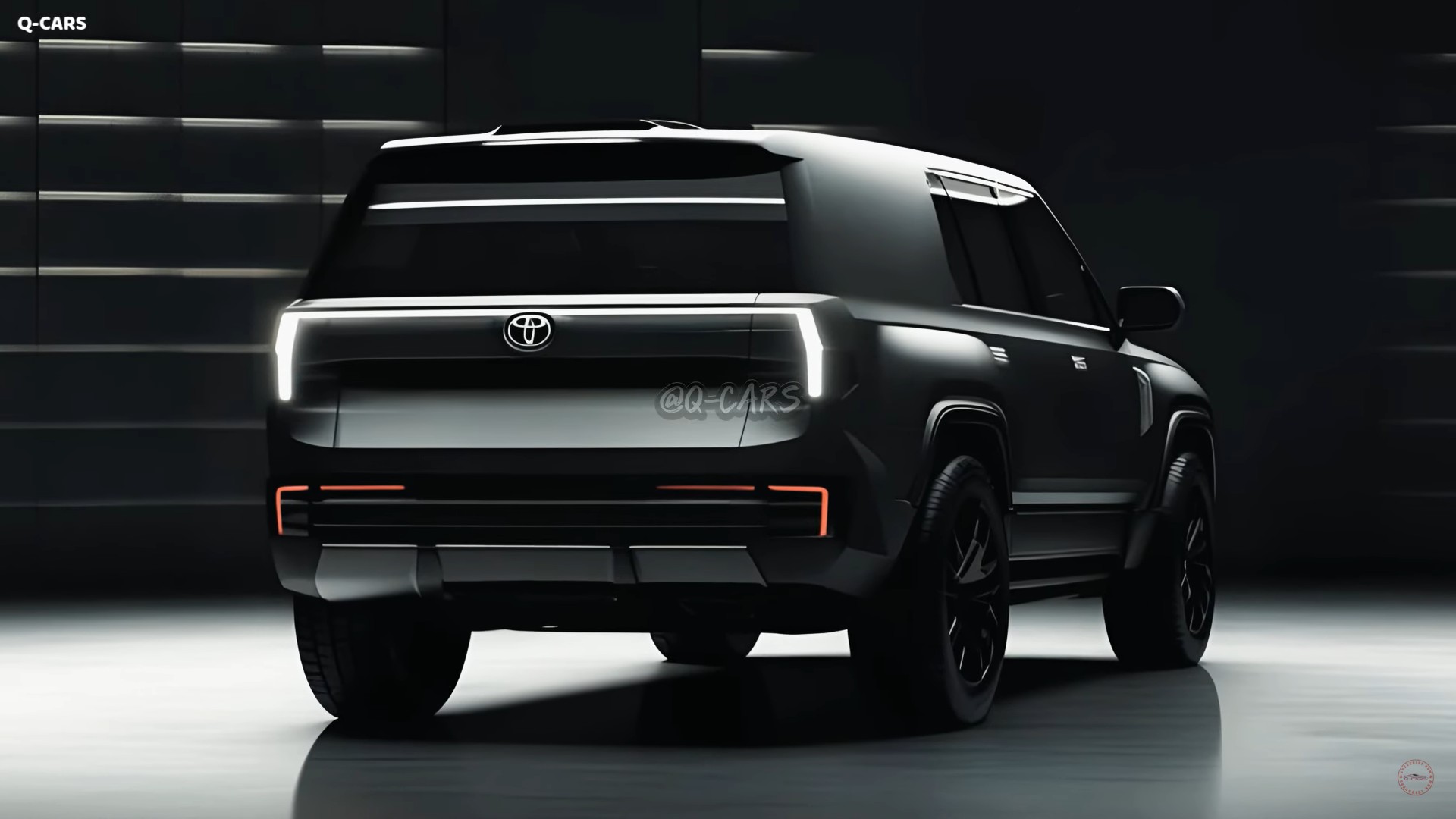
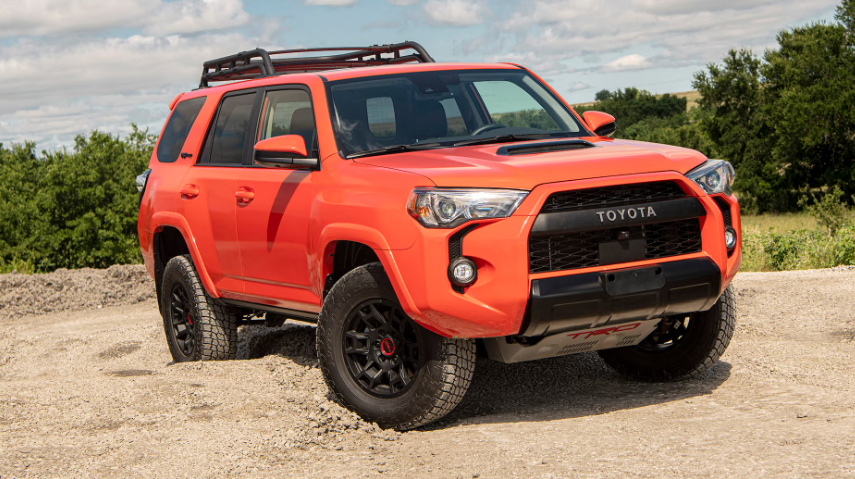
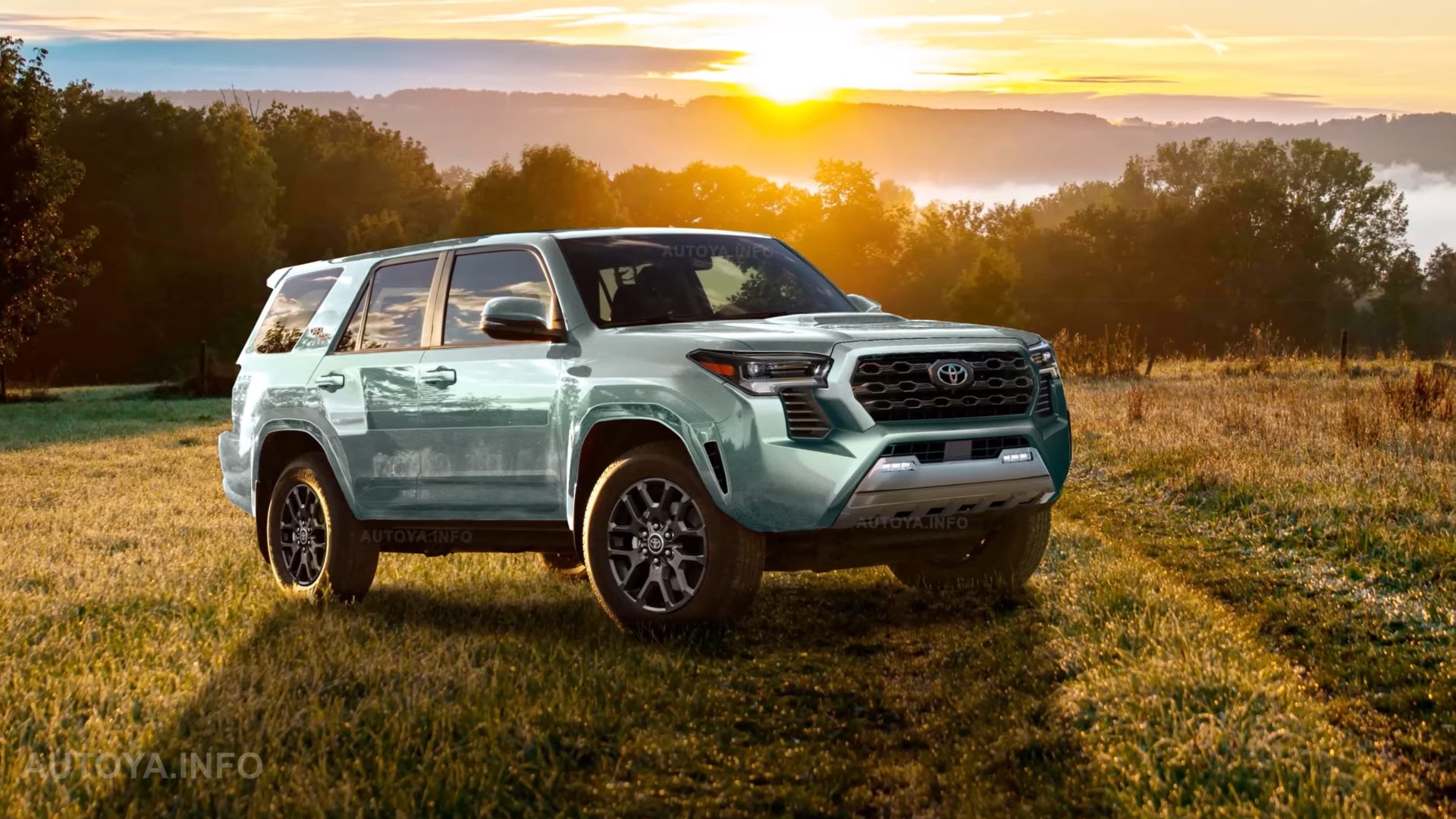

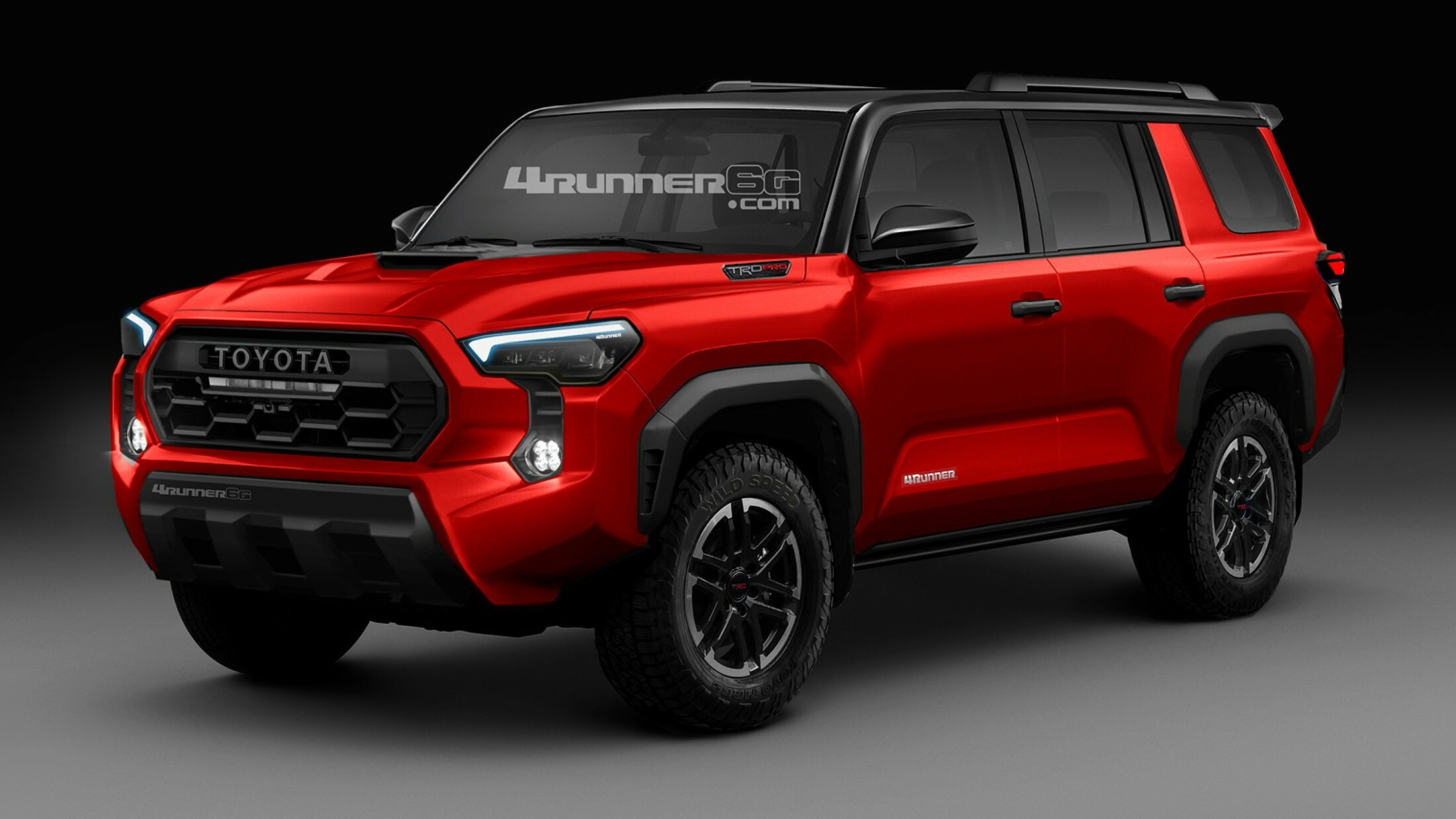
Closure
Thus, we hope this article has provided valuable insights into The 2025 Toyota 4Runner: Fuel Efficiency in a Rugged Package. We thank you for taking the time to read this article. See you in our next article!